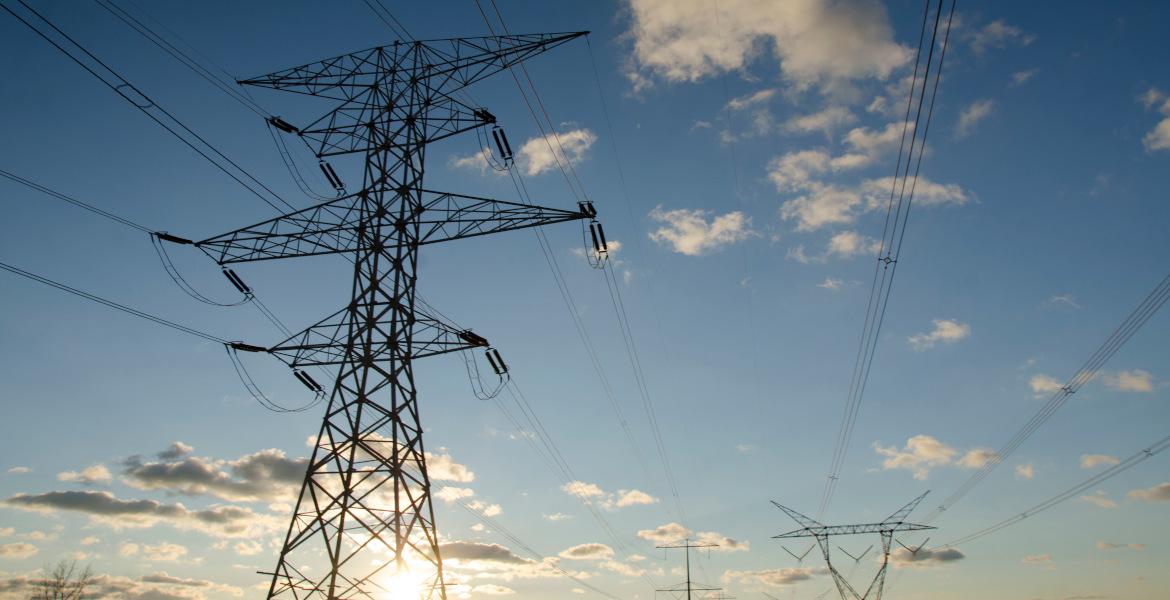Yesterday, electricity prices in southern Sweden were at times 18,000% higher than in central Sweden – because there was no wind in Germany.
Economy reporter Andreas Cervenka notes that Swedish electricity customers have been overcharged by more than SEK 300 billion (€26 billion) via their electricity bills, and says the Swedish electricity market is “starting to look like a very failed joke”.
“Anyone living in Malmö or “Electricity Area 4”, which is apparently this nation’s new name, can expect to pay just over SEK 31, including VAT, for a ten-minute shower at five o’clock today,” he writes in the tabloid Aftonbladet, while seeing how electricity customers in Sundsvall only have to pay SEK 0.17 for the same shower.
“That’s a price difference of 184 times or 18,000%. In addition, there are various fees, so it’s actually even more expensive. It’s as if Malmö residents were to pay SEK 3,700 for a liter of milk and Sundsvall residents a twenty. Where is this even going?” he asks.
According to observers and analysts, it’s Germany’s fault, and they are extremely dependent on wind power. When there is no wind there, Sweden is instead drained of electricity via the export cables, and electricity becomes more expensive here at home.
“A proof of poverty”
Cervenka points out that the mechanisms behind electricity prices are very confusing and that the soaring electricity prices have made Swedes sit down and Google the current day’s or hour’s prices before turning on the shower, for example
“Somewhat of a proof of poverty, you might say, for one of the world’s richest countries, which last year actually produced more electricity than we used. The difference was quite large, as much as 28 terawatt-hours, according to the Swedish Energy Agency, which corresponds to 5.6 billion ten-minute showers, for those who are wondering”, he states.

In the past, policymakers have blamed the extreme price differences on a lack of transmission capacity in the electricity grids, and EU directives recently introduced the new “flowbased” model, which was supposed to make more efficient use of the electricity grids.
Analysts and experts were critical of the new model and warned that prices would soar further – and by all accounts, they were right.
“A masterless grid monopoly”
According to electricity market analyst Bengt Ekenstierna, the Swedish electricity market will be even more closely linked to Germany than before, and he is saddened that Swedish politicians seem to have abandoned all attempts to influence other EU countries’ views on the electricity market.
“It is the duty of every politician to put their fist on the table and work to change when applied EU regulations lead to such effects as it has had on the electricity market in Sweden over the past 3 years. Electricity customers have been overcharged by more than SEK 300 billion via their electricity bills”, he states in a newsletter.
“… and that doesn’t even account for the 100 billion in overcharges occurring through skyrocketing and uncontrolled electricity grid fees from a masterless grid monopoly”, he continues.
300 billion is a sum so large that it is difficult to grasp, according to Cervenka, who concludes by announcing that he will take a “long, expensive shower” and try to forget what he just read.
“Someone must be making fun of us”, he concludes.








